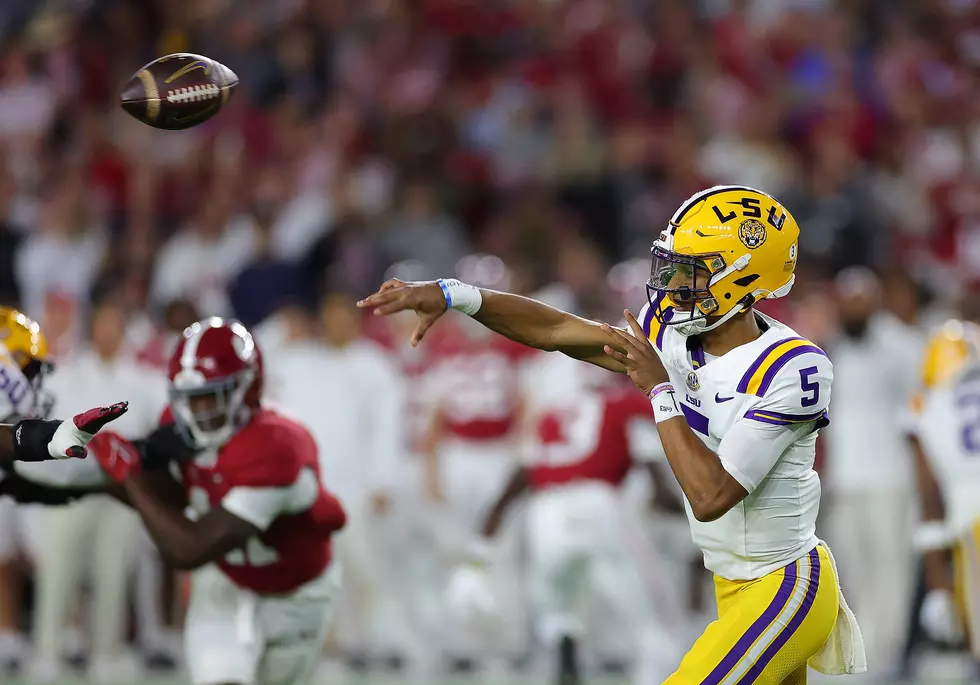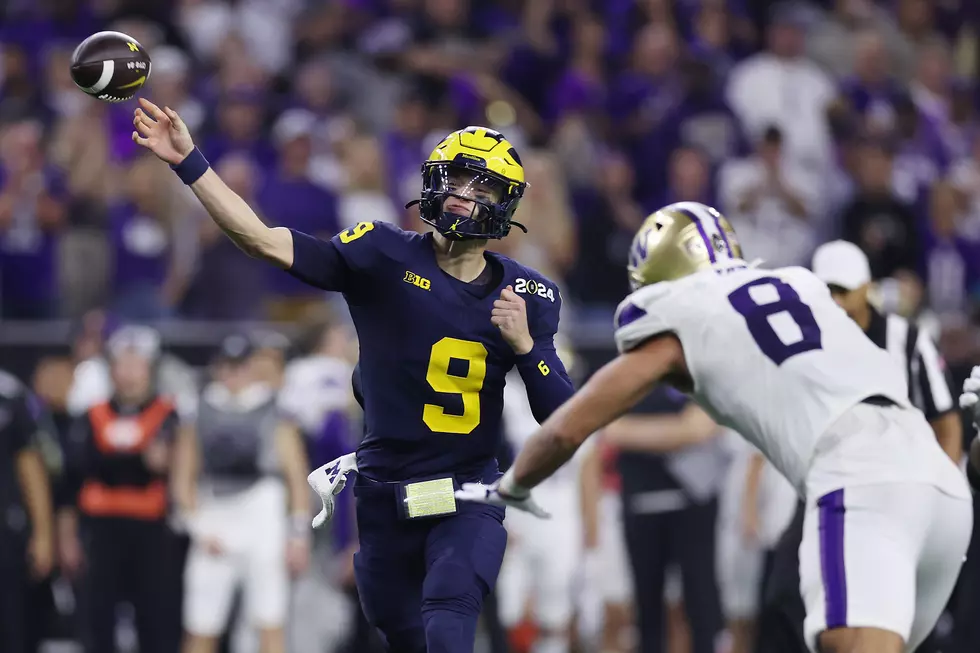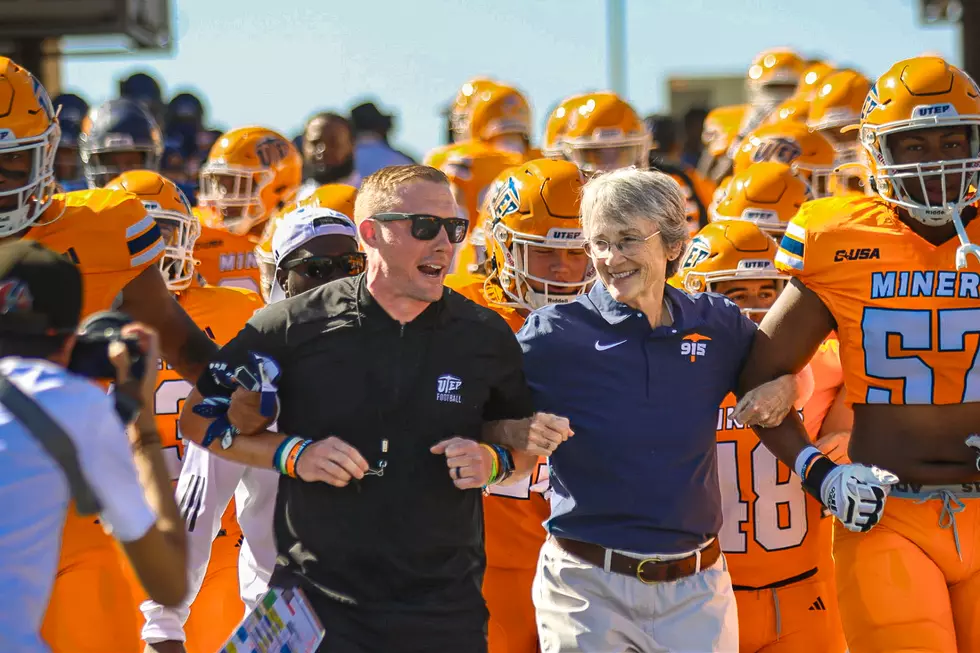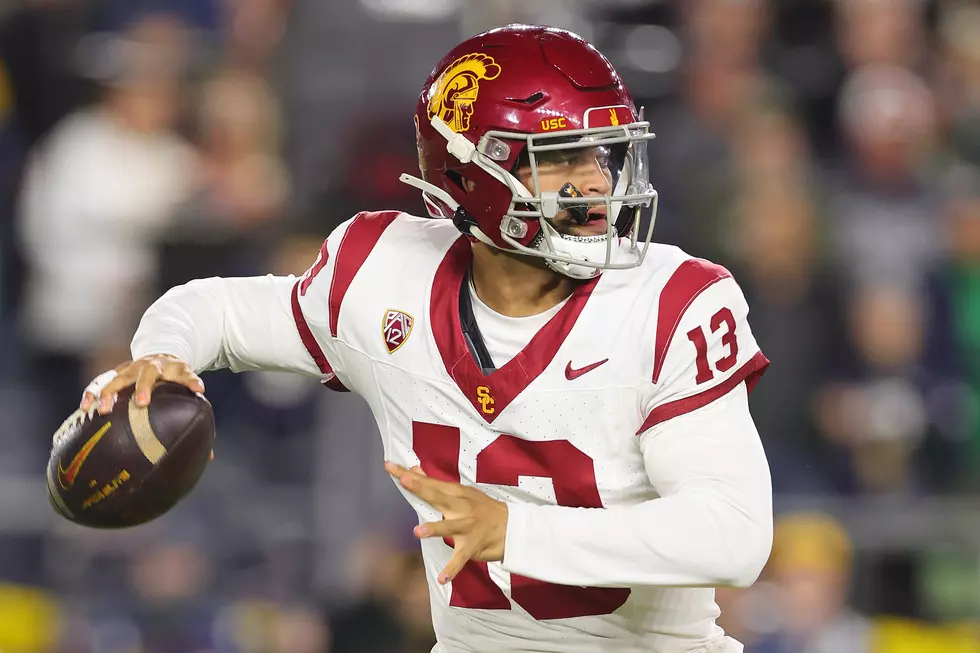
The Day the Cards Went Dead
2003 was a monumental year for the world of poker. Poker went from the underground to the mainstream on the turn of a card. A heavy set, 28 year old accountant from Tennessee 'shocked the world' when he parlayed his 40 dollar online bet into $2.5 million and a World Series of Poker main event bracelet. This everyman also had a name even Hollywood script writer couldn't have dreamed up. Chris Moneymaker made household names out of poker players.
Sure, the World Series had been televised in the past and people were probably vaguely aware of the poker legends like Doyle Brunson, Amarillo Slim, Stu Ungar, Johnny Chan, or Phil Hellmuth. Before 2003 poker was seen as a game played in dark, smoke filled rooms by seedy men and women. It was not a well respected way to make a living, and most poker players were the black sheep of the family.
As much as Moneymaker deserves the credit for the poker boom, equal praise must be given to ESPN. ESPN had televised the final table at the World Series since the 1980s, but the telecast was laughable. There was no production value, the announcers were awful, and it was boring. In 2003 ESPN introduced something that revolutionized the way we watch poker on television. The 'hole cam' allowed the viewers at home to know all the players' cards. Announcers Lon McEachern and the entertaining Norman Chad added to the experience.
In 2003 there were 839 entrants to the main event, a record at that time. A year later, that number more than tripled to 2,576 entrants. The poker boom was officially born. There was a third party that helped create the perfect storm for the poker boom.
The internet was full of online poker sites that allowed people all over the world to play thousands of hands without ever leaving their home. A lot of these sites offered qualifiers into the main event, and Chris Moneymaker was one of them. After Moneymaker outlasted all the pros at the final table in 2003, every person playing online thought they had a chance to win it all.
When the popularity and revenue of online poker sites increased exponentially in the mid 2000s the legality of these operations came into question. How did these websites skirt the same gaming laws that brick and mortar casinos faced? Many of these sites are based out of the Caribbean and United Kingdom, where gaming is legal. In 2006 the U.S. government got involved by passing the Unlawful Internet Gambling Enforcement Act (UIEGA).
UIEGA "prohibits gambling businesses from knowingly accepting payments in connection with the participation of another person in a bet or wager that involves the use of the Internet and that is unlawful under any federal or state law." After UIEGA was signed into law by President Bush, most U.S. banks prohibited their cards being used on poker sites. Since most of the payments were coming from the states, almost all of the sites plummeted. There were still ways to transfer money, but they were far more complicated and most Americans didn't bother.
Many of the smaller sites went away after UIEGA passed, but Full Tilt, Pokerstars, and Absolute Poker were still thriving in the U.S. These sites still qualified players for the World Series and sponsored most of the events on television. All that changed on April 15th. 2011.
April 15th, 2011 will forever be known as 'Black Friday' in the poker world. The owners of Full Tilt, Pokerstars, and Absolute Poker were indicted and charged with laundering money and defrauding banks to get around UIEGA. Tilt, Stars, and Absolute immediately froze U.S. accounts and are offline in the states.
There are tons of ramifications for poker players. The money online is in limbo, future programming has been suspended, and the World Series will see a huge decline in players. There will still be black market ways to play online, and most experts speculate the demand for online poker is so high that at some point Congress will legalize and regulate it.
In almost the blink of an eye poker went from the underground into the mainstream. Chris Moneymaker, ESPN, and the internet created the perfect storm for poker. Pros became sponsored and celebrities wanted into the World Series. As fast as it was created it seems like the poker boom is coming to a screeching halt. Greed was the downfall of online poker. It may come back in a regulated form, but I don't think poker will ever see the popularity it did between 2003 and 2010.
More From 600 ESPN El Paso









